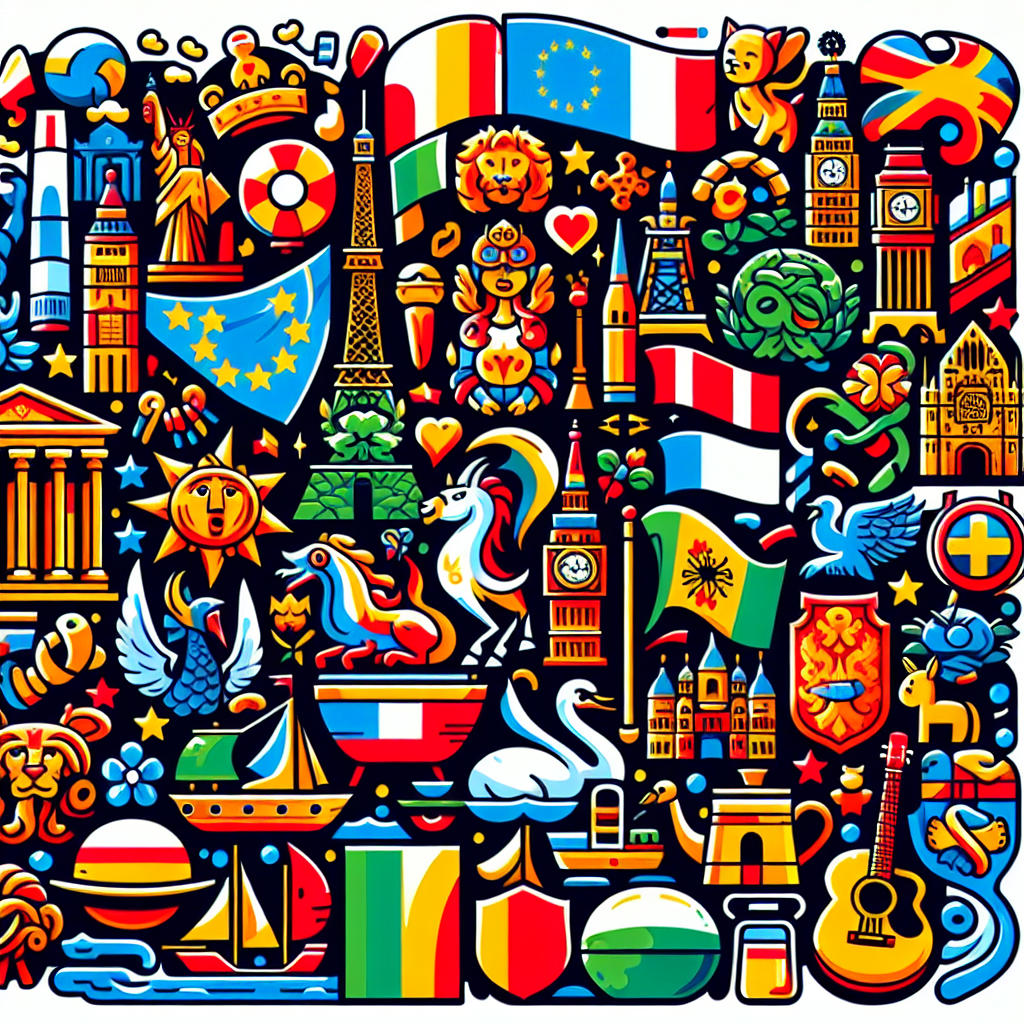EU Nations Push for Ban on Russian Gas Imports Amid Sanctions Debate
Ten EU countries are urging the bloc to ban imports of Russian gas in response to Moscow's actions in Ukraine. As the EU prepares its 16th sanctions package, the nations highlight the need to cut Russia's revenues from fuel exports. The proposal aligns with the RePowerEU roadmap to phase out Russian fossil fuels by 2027.

Ten European Union countries have advocated for the 27-member bloc to prohibit imports of pipeline gas and liquefied natural gas (LNG) from Russia, according to a document acquired by Reuters. This call comes as Europe considers imposing additional sanctions on Moscow over its ongoing conflict with Ukraine.
Currently, the EU is working on drafting its 16th set of sanctions aimed at impacting Russia's economy, in anticipation of the third anniversary of Moscow's all-out invasion of Ukraine in February 2022. The signatory countries, among them the Czech Republic, Denmark, Estonia, and Finland, emphasize the importance of targeting Russia's fuel exports to reduce revenue streams directed towards Moscow.
The document, co-signed by Ireland, Latvia, Lithuania, Poland, Romania, and Sweden, suggests banning Russian gas imports at the earliest feasible opportunity. An alternative measure proposed includes a gradual reduction in the use of Russian gas and LNG, aligned with the RePowerEU Roadmap - the EU's objective to phase out Russian fossil fuels by 2027. While the EU has already sanctioned Russian seaborne oil imports, it hasn't ceased gas imports, due to dependency by several member states.
Additionally, the 10 countries propose that Russian LNG vessels be barred from entering EU ports. This proposal was initially reported by Bloomberg News. Meanwhile, the European Commission is formulating a comprehensive strategy to eliminate dependence on Russian energy. Implementing sanctions, the most straightforward method to cease Russian fuel imports, necessitates unanimous agreement among all EU nations. Notably, Hungarian Prime Minister Viktor Orban has been a vocal opponent of sanctions on Russian energy, while Slovak Prime Minister Robert Fico managed to secure Slovakia's gas supplies during a meeting with Russian President Vladimir Putin in December.
Since 2022, gas imports from Russia, previously Europe's primary supplier, have significantly decreased, with the bloc increasing imports of U.S. LNG and boosting reliance on renewable energy sources to close the supply gap. The decline in Russian imports accelerated this month following the expiration of a contract facilitating Russian fuel transport to Europe via Ukraine. Despite this, Slovakia is determined to resume the agreement.
(With inputs from agencies.)
- READ MORE ON:
- EU
- sanctions
- Russia
- gas
- LNG
- Ukraine
- RePowerEU
- European Commission
- Moscow
- renewables
ALSO READ
Ukraine Thwarts Russian Drone Offensive
Explosives and Wealth: Russian Billionaires' Chemical Empire in the Ukraine War
U.S. Allocates Fresh $3.4 Billion to Ukraine Amid Intensifying Conflict
End of an Era: The Final Days of Russian Gas Transit via Ukraine
Ukraine Boosts Aid and Strategic Ties with New Syrian Rulers










